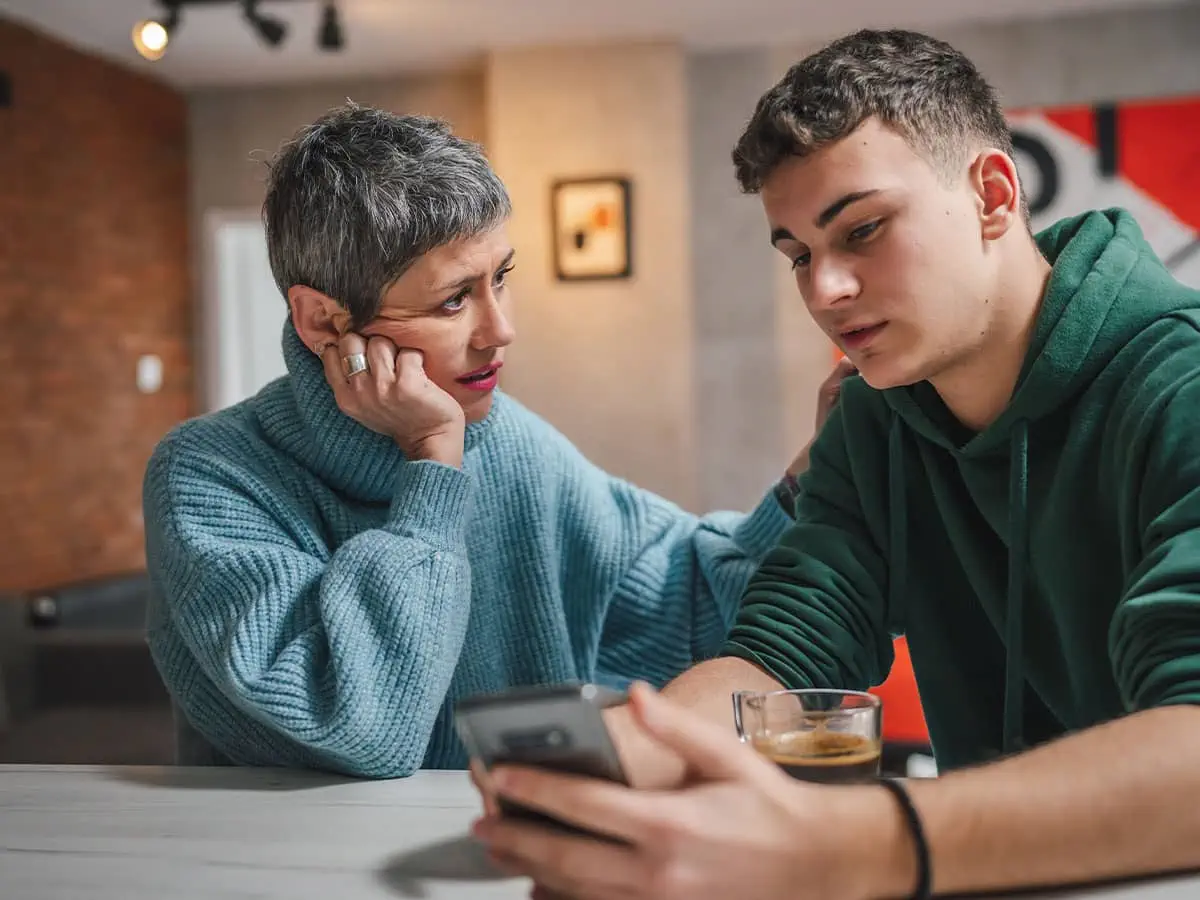
The topic of pornography has a tendency to ignite some controversy. Many people believe pornography isn't harmful and sometimes might even be beneficial to a relationship, while others firmly believe that "porn kills love."
Regardless of your own feelings about pornography, it's an ever-growing trend in our society. Nowadays, viewing pornography is inevitable. Wherever you go, billboards and magazines are covered in it; streaming services like Netflix, Hulu and Amazon aren't limited to filtered content like most TV channels.
Because of this, the topic of pornography in the family household has to change - You need to address this topic with your children with one important question:
Ask them when was the last time they viewed pornography.
We're all going to come across pornography in our lifetime, whether we want to or not. Addressing its prominence in your household shouldn't be a taboo topic. When you, your spouse and your family become comfortable with the question "when was the last time you viewed pornography?", your children will learn to feel comfortable answering that question honestly - whether or not they went looking for it on their own.
Addressing pornography this way acknowledges with your children that sometimes coming across pornography is unavoidable. They'll know they're not in trouble, so they're more likely to answer you truthfully.
This conversation should go hand-in-hand with the birds and the bees.
My youngest brother was only six years old when his friend exposed him to pornography for the first time. At such a young age, my parents hadn't even considered that it might be time to have "the talk" with him. When it comes time to talk to your children about sex - however and whenever you choose to do so - the topic of pornography should be addressed as well.
Make sure your children feel comfortable coming to you with questions.
Often times, if children have questions about their own body and sexuality, they'll feel uncomfortable asking their parents, so they'll turn to the internet. If your child feels ashamed or embarrassed to talk to you about something they've seen, they won't be honest with you.
It's a serious topic, but children need to know where to get age-appropriate answers to their questions - their parents. If they turn to getting answers online, your children be exposed to things too mature for them. Children can also become "de-sensitized" to pornography exposure, which could result in sexualized behaviors with other children and high-risk sexual experiences in adolescence.
Help children to understand their bodies, and let them know their curiosity is nothing to be ashamed of.
Young children can often be frightened if exposed to pornography - they don't understand what's happening or why Mommy shut the laptop so quickly and aggressively. The best parental control you can possibly set up for your children is an honest, open line of communication where you can talk about their bodies and curiosity in a safe and comfortable atmosphere.
Your child is going to be exposed to pornography sooner or later, and it's important that you can address it with them. That way you can decide as a parent what kind of lessons your children get when they come across it.

